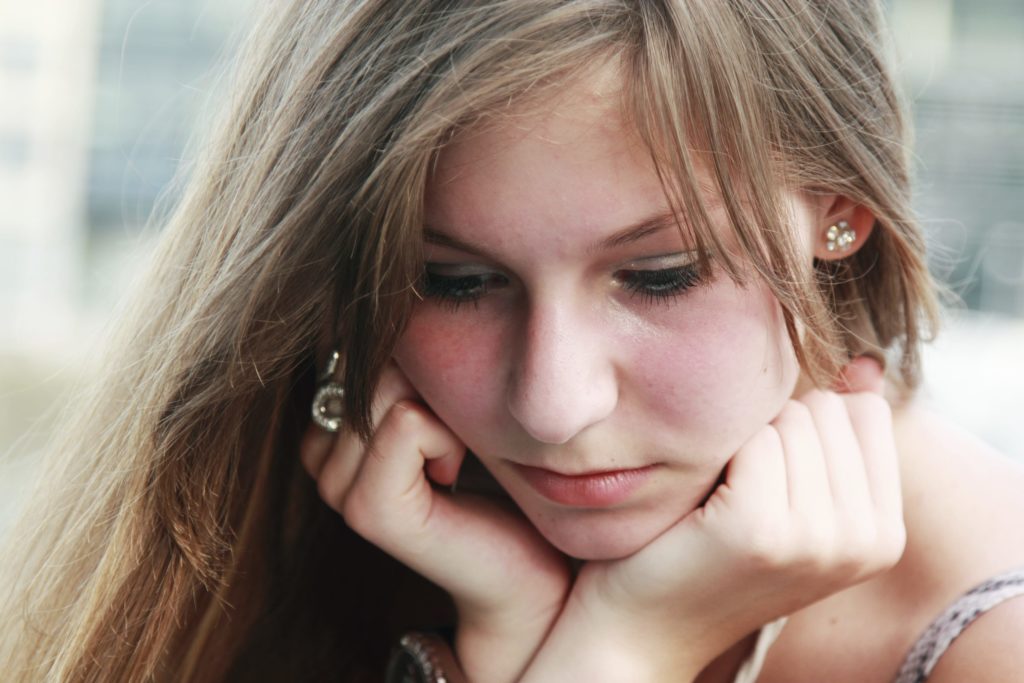Are you having trouble coping with loneliness during the quarantine? There are many restrictions that have disrupted our daily lives as a result of the pandemic. Loneliness imposes several risks to both your physical and mental health. Coping with loneliness is not always easy for some people. It is especially difficult for those individuals who are already dealing with issues such as addiction. The Right Step team of treatment professionals recognize the effects of loneliness on your physical and mental health and still welcomes individuals into treatment during the quarantine.
The Health Risks Associated with Loneliness
Loneliness was already an issue prior to the coronavirus. The social distancing, business closures, and other restrictions likely exacerbated the effects for individuals coping with loneliness during the quarantine.
Loneliness is a sort of adaptive response and is similar to hunger and thirst in this way. Loneliness leads people to seek social connections with other people. There are far-reaching effects of loneliness. This was well-documented even before people started their attempts at coping with loneliness during the quarantine. Several sources have revealed the effects of loneliness on people living alone. Research shows that loneliness impaired the overall quality of life among study participants. Additionally, some participants felt depressed, had major health issues such as cardiovascular disease, and were at increased risk of death due to loneliness.
Many mental health issues such as anxiety and depression arise from loneliness and lack of human interaction. If you are feeling increased levels of loneliness during the pandemic, you are not alone. The Right Step is here to provide you with the mental health resources to help you through this time. This may include participating in an individual therapy program virtually during the quarantine.
Loneliness also has risk factors associated with alcohol use disorders and substance use disorders. This may lead to the need for a dual diagnosis treatment center in TX, which treats both mental health disorders and substance abuse at the same time.
Loneliness, Quarantine, and Addiction
Studies show a direct correlation between loneliness and addiction. Coping with loneliness during quarantine potentially increases the risks of alcohol abuse, the abuse of other drugs, or the risk of relapse. The results of a study that compared loneliness with individuals that do, or do not have a substance use disorder, showed that drug users were more likely to experience loneliness. The researchers called loneliness, ‘psychologically destructive,’ and ‘terrifying.’
You do not have to experience terrifying feelings or psychological destructiveness associated with coping with loneliness during the quarantine. The addiction treatment center programs at The Right Step welcome new clients, as well as individuals that experienced a relapse. Our alcohol addiction treatment center helps you through your addiction to alcohol or to other drugs, while also helping you with the effects of coping with loneliness during the quarantine.
Our addiction treatment staff at The Right Step have the expertise to guide you through every step of regaining control over your life. We are able to help you live a life without giving in to drugs or abusing alcohol.
Addiction Treatment During Quarantine
Addiction is a lonely disease. The loneliness of addiction, compounded by coping with loneliness during the coronavirus quarantine, increases your risk of experiencing physical health issues not related to COVID-19. It also increases your risk of developing depression, or possibly other mental health disorders. If you are feeling lonely during this time, know that you are not alone and that there is help available.
Get the help that you need right now by contacting The Right Step at 17135283709. Recover from your addiction and start recovering from the effects of coping with loneliness during the quarantine.






